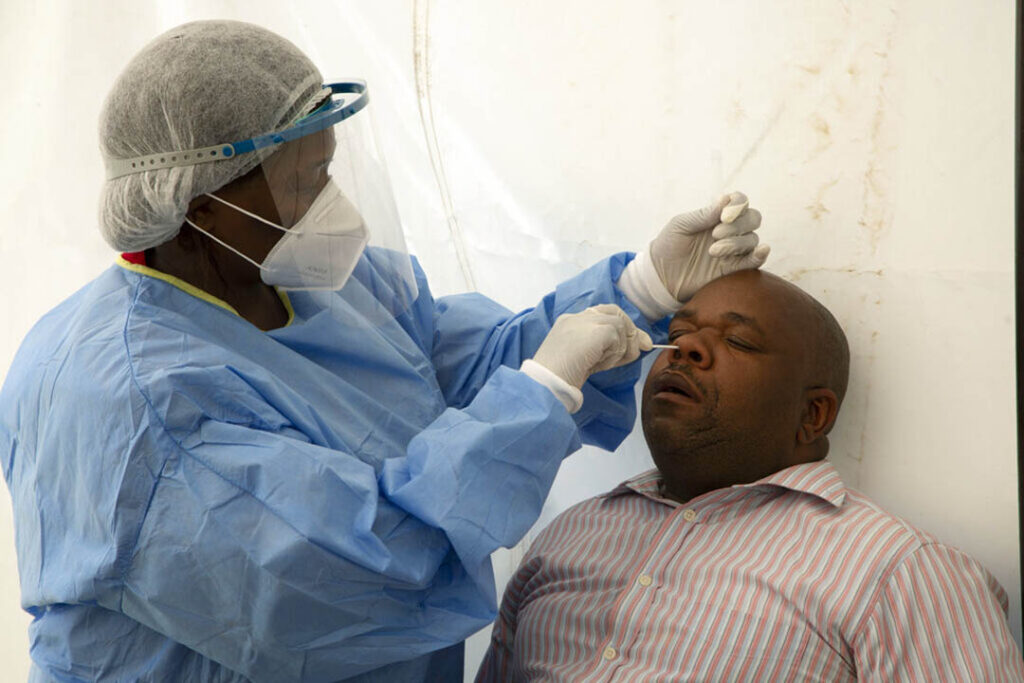ADF STAFF
Like a master hacker, the COVID-19 virus is continually changing its tactics to find the one that will help it slip past human immunity and create new infections.
Every infection is a new opportunity for the virus to refine its code against the body’s defenses.
Immunity — either naturally developed by infection or acquired through medication — remains the best protection against future infections.
New research suggests that hybrid immunity, which combines the power of natural and acquired immunity, offers the most effective defense against future infections. One study in Sweden, published in the Lancet, showed hybrid immunity reduced the risk of reinfection between 58% and 66%.
However, most current hybrid immunity studies happened before the appearances of the BA.4 and BA.5 mutations of the omicron variant, which are able to get through the firewall created by earlier infections.
One recent study looking at BA.5 found that hybrid immunity is a protection against the highly transmissible omicron strain if the natural side of the immunity occurred within about nine months. The study analyzed medical records of COVID-19 patients in Massachusetts.
Think of hybrid immunity as two-factor authentication security system. To infect something with hybrid immunity, COVID-19 must fool two different levels of protection.
The two factors are different for every person depending on when they were infected during the pandemic and what type of medication triggered their acquired immunity.
The combination of infection and medication (multiple doses or single doses) has little effect on the quality of hybrid immunity, according to researchers Rahul Suryawanshi and Melanie Ott of the Gladstone Institutes in San Francisco, California.
“The immune trajectories of SARS-CoV-2 (COVID-19) … suggest that hybrid immunity provides the strongest and most durable protection against symptomatic infection,” the researchers wrote recently in Nature.
That said, hybrid immunity works best against variants with similar structures to the version that triggered the original immunity.
To continue the computer metaphor: Like an outdated security code, the earlier in the pandemic someone was infected, the less their natural immunity protects them against future variants. Natural immunity is strongest within about six months of infection and weakens after that.
The best future strategy may be to tailor protections to an individual’s level of immunity and to the strains of COVID-19 circulating in the community, according to Suryawanshi and Ott.
“It may be time to change the current ‘one shot fits all’ approach,” the researchers wrote.

